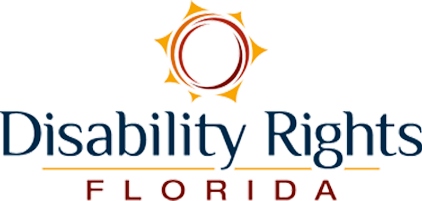In Florida, an individual who was previously determined to be incapacitated, or another interested person, can ask the court to restore capacity so that the person can make willful and knowing decisions about their life. This is called a Suggestion of Capacity. Under Florida Statute §744.464, once a person files a Suggestion of Capacity with the court, the court will send a physician to examine the person under guardianship and make a recommendation to the court regarding capacity of the person under guardianship. The person under guardianship will be appointed an attorney if they do not already have one.
The court will also notify the Guardian about the Suggestion of Capacity. The Guardian has the option to object or disagree with the Suggestion of Capacity. If no objections are filed and the physician establishes that all or some of the person’s rights should be restored, the court will enter an order to restore the rights that were previously taken away in accordance with the physician’s findings.
If someone files an objection with the court, or if the physician finds that restoration to capacity is not appropriate for the person under guardianship, the case will move forward to a hearing. During the hearing, an attorney will represent the person under guardianship and the court will weigh all the evidence to determine if the Suggestion of Capacity should be denied or if the person’s rights can be restored.
